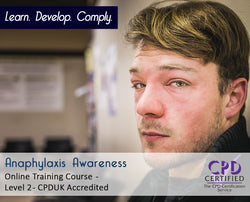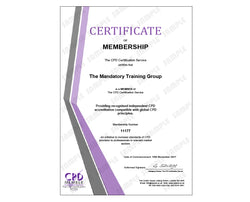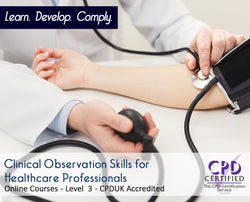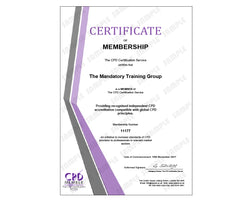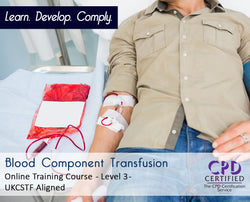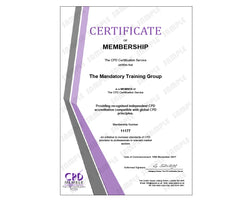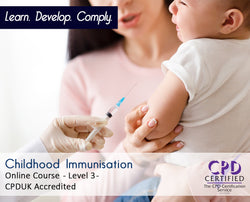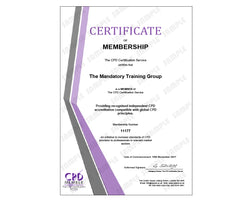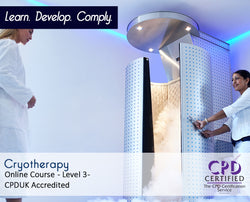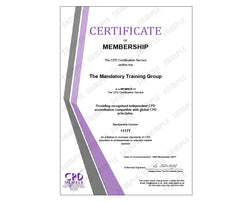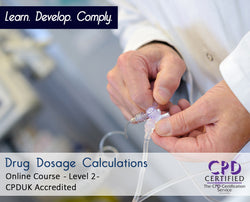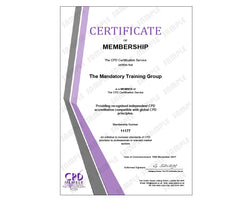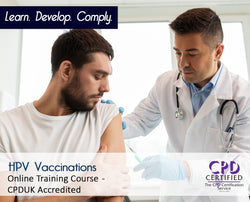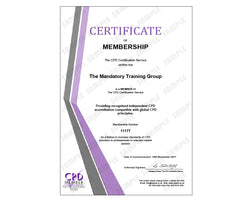This online chaperone in healthcare course covers the following:
Introduction and key definitions
Legislation and regulations
-
Overview of relevant laws and professional guidelines.
-
Key points from the Care Act 2014, Health and Social Care Act 2008, Equality Act 2010, and Mental Capacity Act 2005.
-
Professional guidelines from GMC, NMC, HCPC, and CQC.
Roles and responsibilities of chaperones
-
When and why to use a chaperone.
-
Responsibilities during an examination: introduction, obtaining consent, maintaining dignity, providing support, observing, intervening, and documenting the interaction.
Interactive case studies
Implementing chaperoning procedures
Special considerations
-
Cultural sensitivity and inclusivity.
-
Handling refusals and special requests.
-
Chaperoning in remote consultations.
Documentation and record-keeping
-
Importance of accurate documentation.
-
What to document: offer of a chaperone, informed consent, details of the chaperone, observations, patient feedback, and post-examination notes.
Linking chaperoning with the CQC Single Assessment Framework
-
Key domains: patient safety and safeguarding, dignity and respect, consent and capacity, cultural sensitivity and inclusivity, accurate documentation, and professional training.
Best practices for chaperoning
-
Communication, consent, patient comfort, cultural sensitivity, professional conduct, documentation, and training.
Reflective questions and continuous improvement
End of course assessment.










